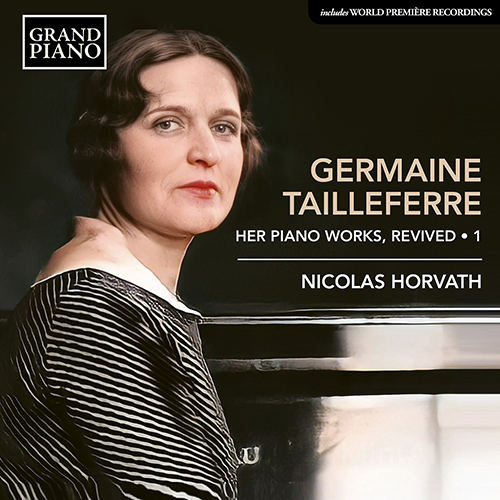
Michel Pignolet de Montéclair (1667 - 1737)
From what we know about the life of Michel Pignolet de Montéclair, he (like most professional musicians past and present) kept busy by playing, creating, teaching and running a music shop—in other words, living a life that looks either desperately chaotic or organically multi-faceted, depending on your point of view. Born in Andelot in 1667, a river town in northeast France, he joined the choir school of Langres Cathedral, about 30 miles away, at the age of nine. By the time Montéclair arrived in Paris in 1687 (the year of Jean-Baptiste Lully’s death), French culture had undergone a radical transformation by way of the visionary patronage of Louis XIV. Montéclair, having missed this initial flourish, spent most of his career in a society searching for what was ‘next’ as the energies of Louis XIV dissipated, hostilities grew between much of the rest of Europe, and the economy was in a boom-and-bust cycle that hardly encouraged consistent patronage of the arts.
Montéclair was a noted basse violon player in the Paris Opéra orchestra, followed a court to Italy, and taught two of François Couperin’s daughters. Montéclair never married, however he lived to retire with a royal pension after playing with the opera orchestra until 1737. Although he did not leave behind a large volume of music when compared to contemporaries like Couperin, he composed a small, exquisite body of innovative and varied works—a tragédie lyrique, an opera-ballet, instrumental concerts, songs, three books of cantatas (twenty French and four Italian), some lost sacred music, and teaching manuals, among other things.


 Grand Piano has gained a reputation for producing high quality recordings of rare keyboard gems. Dedicated to the exploration of undiscovered piano repertoire, the label specialises in complete cycles of piano works by many lesser-known composers, whose output might otherwise have remained unknown and unrecorded.
Grand Piano has gained a reputation for producing high quality recordings of rare keyboard gems. Dedicated to the exploration of undiscovered piano repertoire, the label specialises in complete cycles of piano works by many lesser-known composers, whose output might otherwise have remained unknown and unrecorded.






